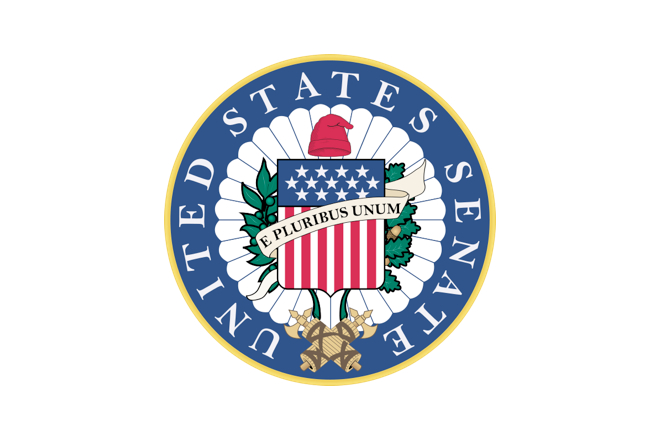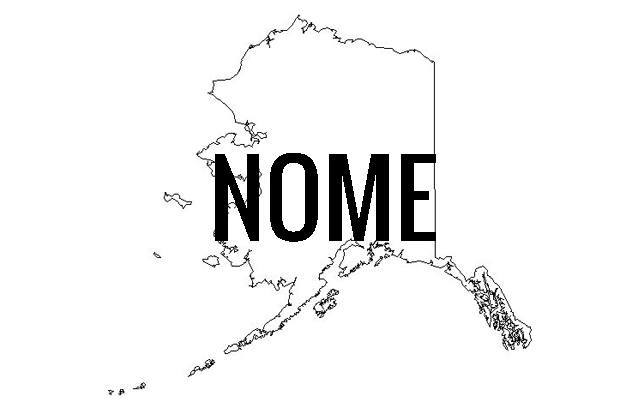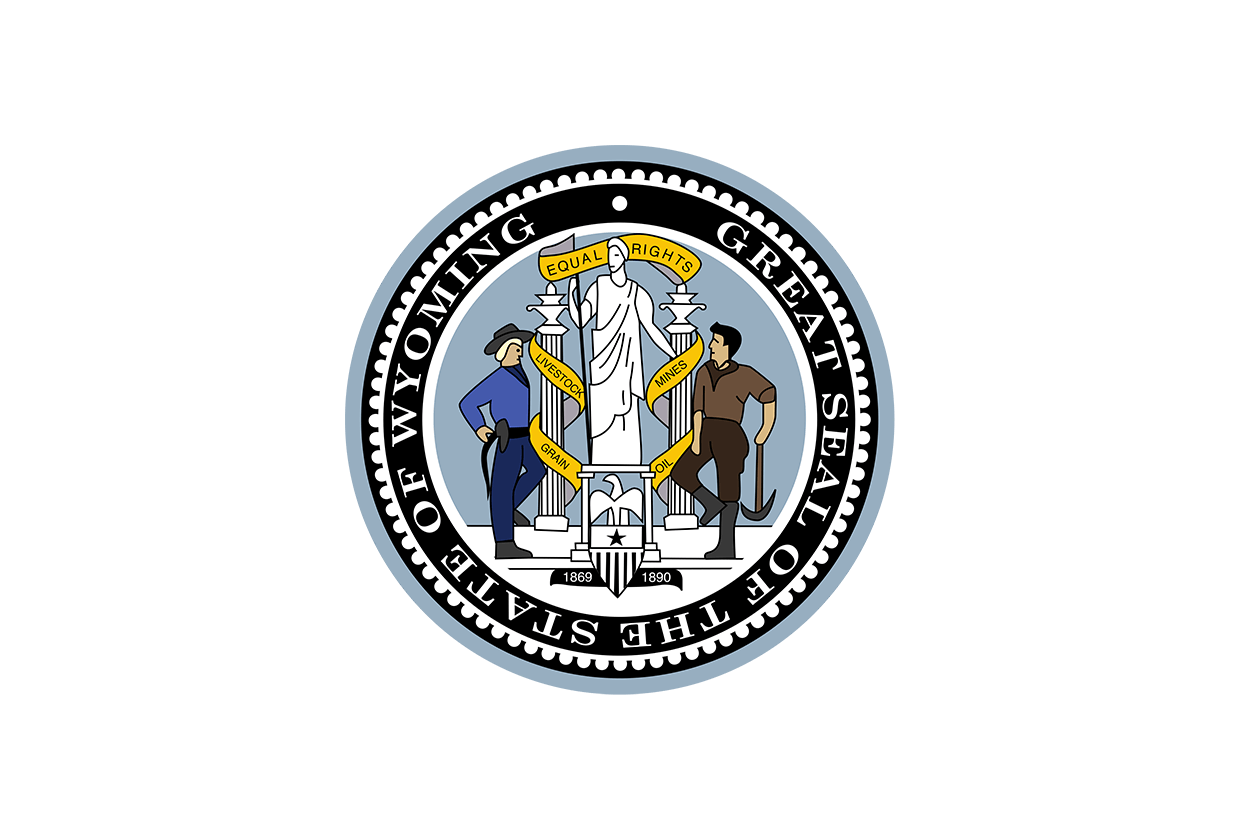Four U.S Senators, led by Sen. Dick Durbin (D-IL) have introduced a piece of legislation that seeks to close loopholes in the tax code that have been exploited by the tobacco industry to avoid regulation and paying taxes for their products.
S. 450, known as the Tobacco Tax Equity Act, was introduced yesterday and referred to the Senate Committee on Finance. Sen. Durbin was joined by Senators Richard Blumenthal (D-CT), Jack Reed (D-RI), and Sherrod Brown (D-OH) in introducing the bill.
While the full text of the bill has yet to be published, a press release issued by Sen. Durbin’s office said that the legislation would establish tax parity across all tobacco products, including new products determined to be a tobacco product by the U.S. Food and Drug Administration (FDA), like e-cigarettes. By establishing tax parity for tobacco products, it will eliminate loopholes that tobacco companies use to avoid the federal cigarette, small cigar, and roll-your-own (RYO) tobacco taxes, generating federal revenue and reducing use of tobacco products.
The tax parity would be created by establishing the tax rate on all tobacco products at the same per unit level as cigarettes, which is currently $1.01 per pack. While small cigars and RYO products are taxed at the same rate as cigarettes, cigars, smokeless tobacco, and pipe tobacco are taxed at lower and different rates. Because of this, some businesses rebrand their products to get them classified into a lower-tax category. For instance, RYO tobacco, which is taxed at $1.55 per ounce, is often labeled as pipe tobacco, which is taxed at 17.7 cents per ounce, and then those businesses rent time on cigarette making machines.
Sen. Durbin’s office cited a recent report by the General Accountability Office found that pipe tobacco sales increased over 1200% in September 2011 compared to January 2009, while RYO sales dropped 84%. A recent CDC study estimates that between August 2009 and August 2011, the sales of RYO as pipe tobacco resulted in over $1.3 billion in lost state and Federal revenue.
Premium cigars are taxed at 52.75% of the manufacturer’s price, with a cap of 40.26 cents per cigar. Chewing tobacco is taxed at 3.1 cents per ounce, while snuff is taxed at 9.4 cents per ounce.
The Cigar Association of America has already advised its constituents that the bill would have dire consequences for the cigar industry, since taxes would be drastically increased on cigars and pipe tobacco.
Should it pass, the legislation would apply to any product determined to be a tobacco product by the U.S. Food and Drug Administration (FDA).



